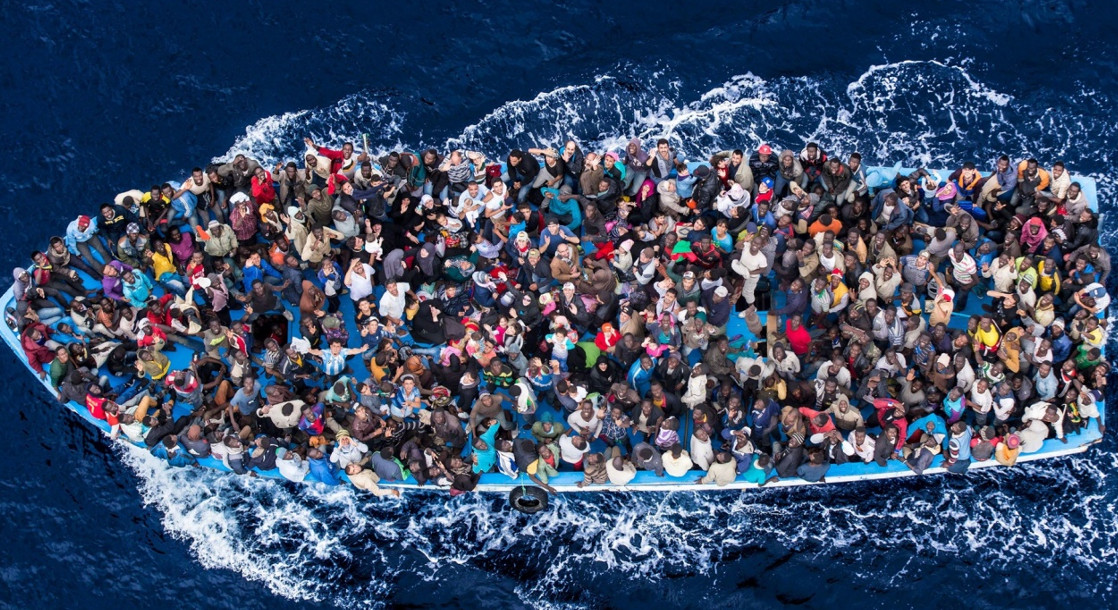Italy's Chief of Police, Franco Gabrielli, has issued a directive that takes a zero tolerance approach towards unwelcome illegal immigrants. Italy has endured an unprecedented surge of half a million migrants over the course of the last year, and new arrivals flood Italian islands everyday. Unfortunately, this influx has helped pro-populist, anti-Muslim nationalist rhetoric reverberate across Europe.
After angry nationalists trounced former Prime Minister Matteo Renzi’s constitutional referendum, he resigned and was replaced with Paolo Gentiloni, who is taking a harder line against immigrants. Renzi's departure signals a shift in Italian and European politics, and Italy's populist uprising mirrors the United Kingdom's Brexit movement and American “Trumpism.”
Police stations across Italy have received a two-page document from Gabrielli, instructing them to track and deport economic migrants who have not been granted asylum. The document describes the European immigrant crisis as "a growing migratory pressure and an international context marked by instability and threats.”
Italy also plans on opening 16 detention centers designed to hold illegal immigrants, The Italian media leaked the new, stricter migrant policy change on the front page of many newspapers on Saturday.
Under Renzi, only four such detention centers existed, with a total of 360 beds. The new policy would open 16 more centers, and add at least 1,000 more beds. In 2015, the Italian government dished out 27,000 expulsion orders, yet migrants still brave the deadly waters of the Mediterranean regularly. Entering Europe through Italy is a popular route.
Anis Amri, the man responsible for plowing through a crowd at the Berlin Christmas market (who was shot dead near Milan just a week ago) was himself held at one of Italy's original immigrant detention centers in 2015, but the nation failed to deport him back to Tunisia.
Amri's actions were quite possibly the final straw for many Italians who already considered refugees to be dangerous. Italy now joins Austria, the United Kingdom, and many other European nations in taking a harder stance on immigration.











